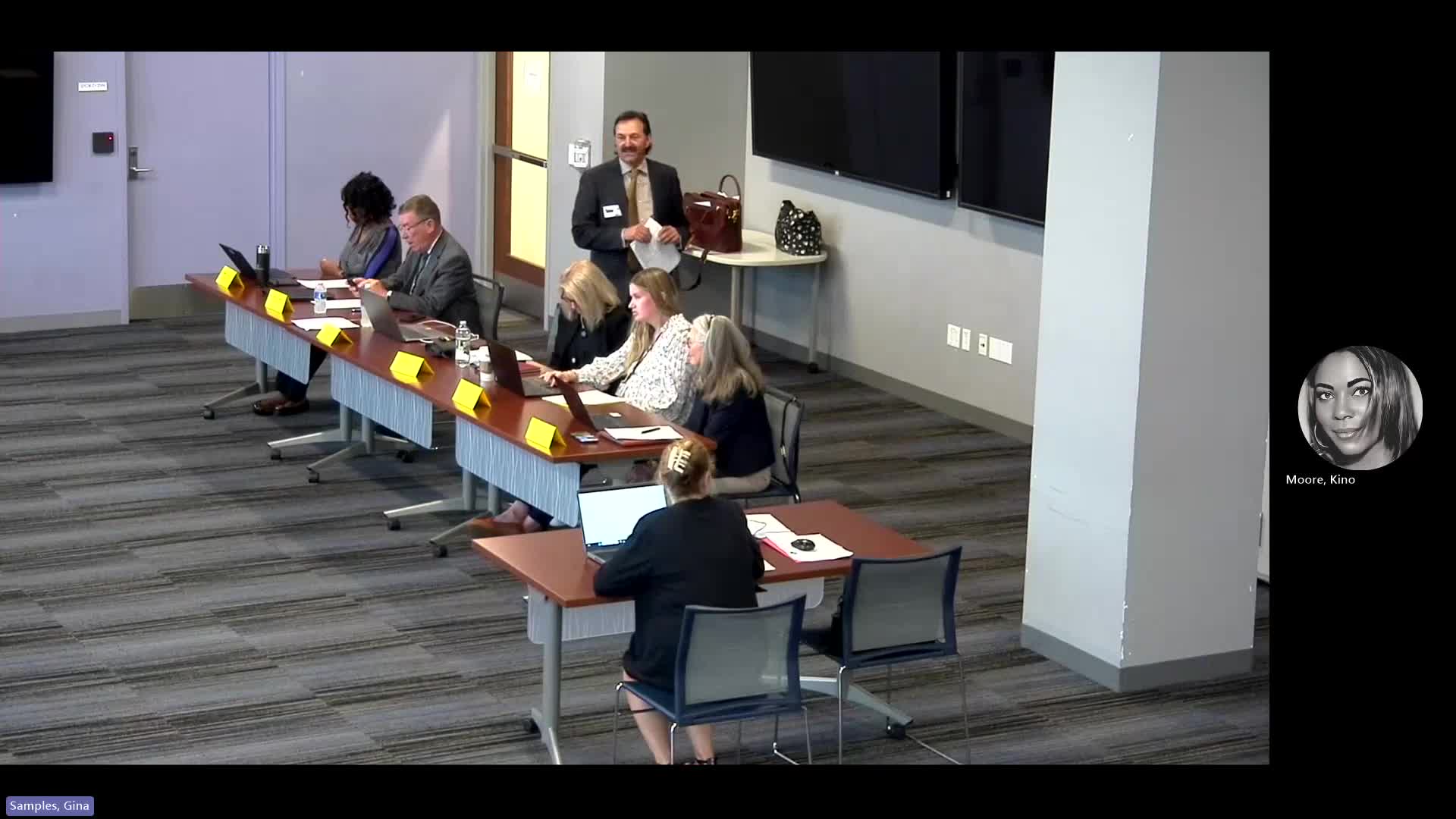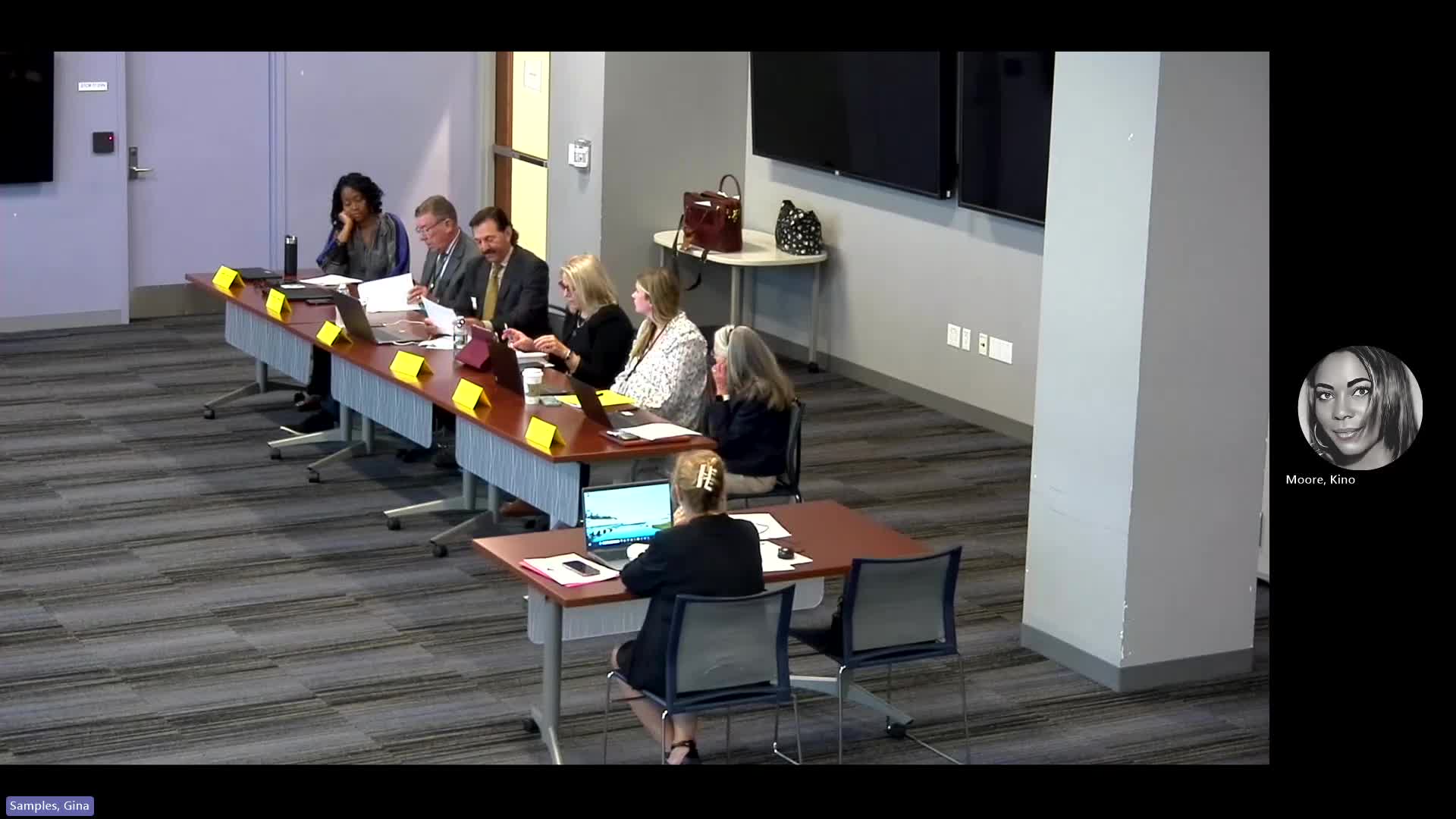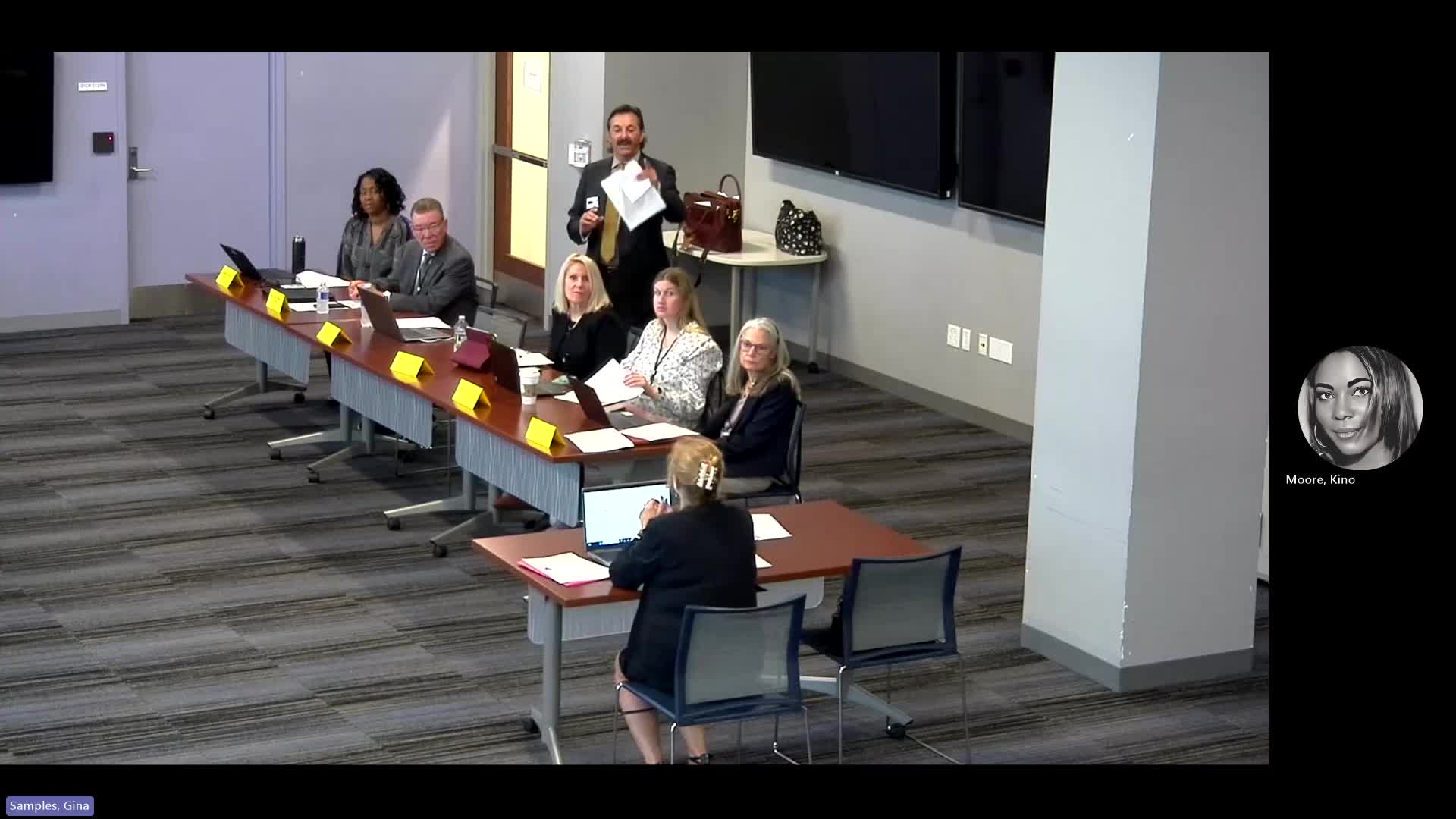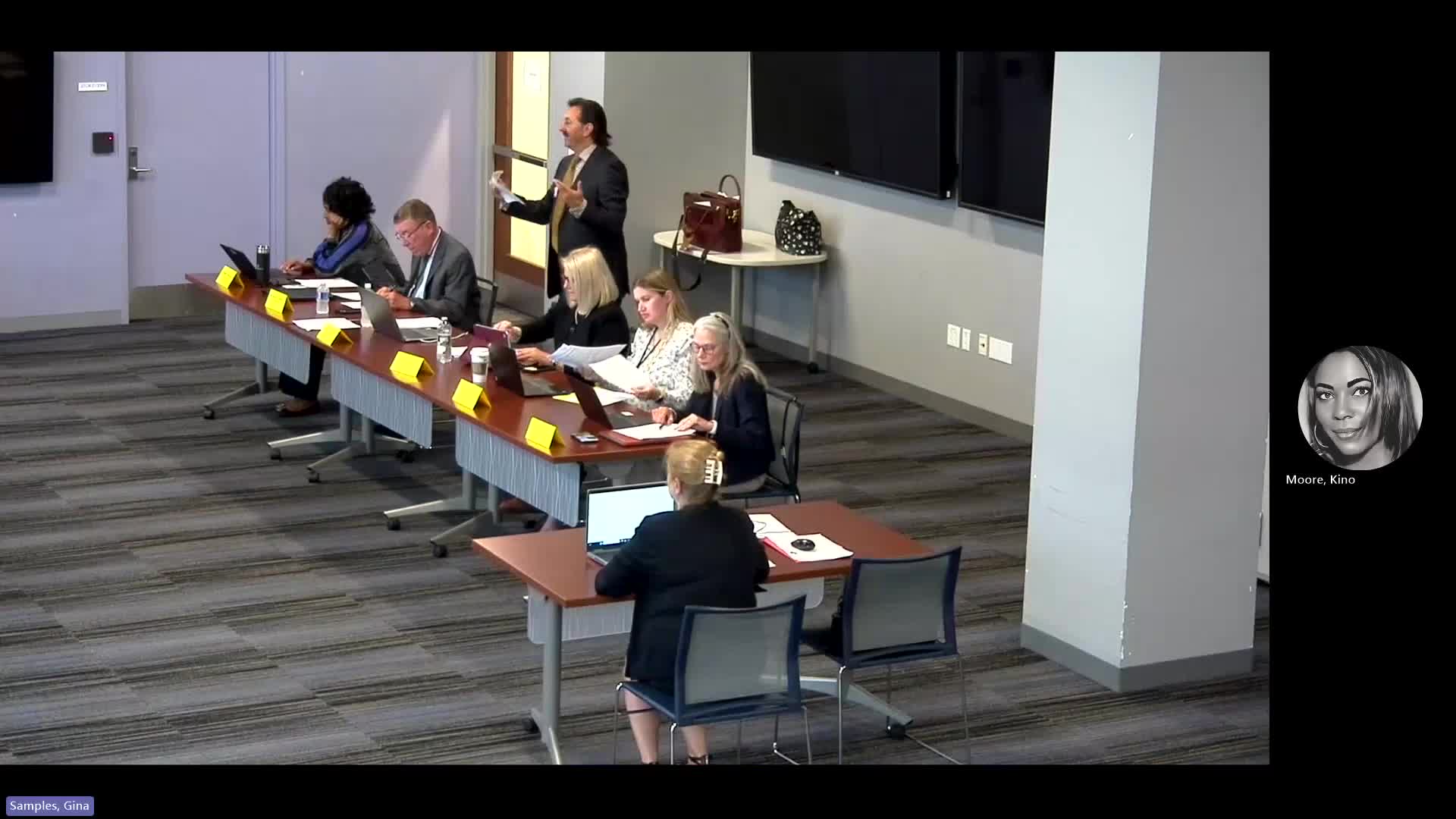Article not found
This article is no longer available. But don't worry—we've gathered other articles that discuss the same topic.

Board introduces Trey Ruff as new director of Drug Control

Commissioners, exam reviewers complete MPJE question review; board law book updated to May 2025

Board requires online agenda request form and approves multiple pharmacy licenses, nonresident and compounding permissions

